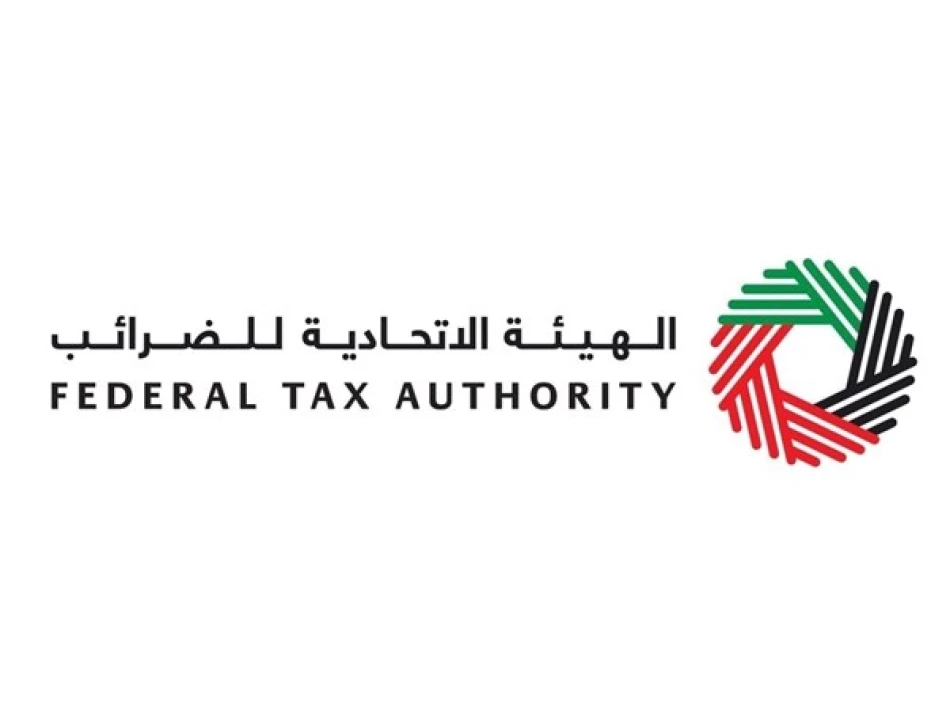
UAE Tax Authority Urges Timely Corporate Tax Filings and Payments
UAE Tightens Corporate Tax Enforcement with Escalating Penalties as First Filing Deadlines Loom
The UAE Federal Tax Authority is intensifying pressure on businesses to meet corporate tax obligations, warning of mounting penalties that could reach AED 1,000 per month for late filings. With the country's corporate tax regime still in its early implementation phase, authorities are signaling zero tolerance for non-compliance as they work to establish the UAE as a transparent, internationally-compliant business hub.
Strict Timeline Creates Compliance Pressure
The Federal Tax Authority has set a firm nine-month deadline for all registered businesses and qualifying exempt entities to submit their tax returns and settle outstanding corporate tax liabilities. This timeline, measured from the end of each tax period or financial year, leaves little room for administrative delays.
The penalty structure reveals the UAE's serious approach to tax collection. Late filers face AED 500 monthly penalties for the first twelve months, escalating to AED 1,000 per month from the thirteenth month onward. These fees apply to any portion of a month, making even brief delays costly for businesses.
Digital-First Strategy Reflects Regional Trends
The UAE's "Emirates Tax" platform operates around the clock, allowing businesses to register, file returns, and make payments digitally. This approach mirrors successful tax digitization efforts in Singapore and Estonia, where streamlined online systems have improved compliance rates while reducing administrative burdens.
The platform's 24/7 availability addresses a key challenge for multinational corporations operating across time zones, potentially giving the UAE a competitive edge over jurisdictions with more restrictive filing windows.
Flexible Filing Options Balance Control with Practicality
Recognizing the complexity of corporate structures, the authority allows tax agents and legal representatives to file on behalf of businesses. However, ultimate responsibility remains with the taxpaying entity, and inaccurate or incomplete filings trigger additional penalties under both corporate tax and tax procedures legislation.
Market Implications for UAE's Economic Positioning
This enforcement push comes as the UAE works to maintain its status as a regional business hub while satisfying international tax transparency requirements. The corporate tax, introduced in 2023, marked a significant shift from the UAE's historically tax-free environment for most businesses.
For investors and multinational corporations, the strict penalty regime signals that the UAE is committed to building a credible tax system rather than maintaining loose enforcement that could invite international scrutiny. This approach aligns with global trends toward tax transparency, particularly following OECD initiatives on base erosion and profit shifting.
Compliance Support Suggests Long-term Vision
Despite the firm penalties, the authority has launched extensive awareness campaigns across all seven emirates and maintains ongoing dialogue with taxpayers. This dual approach—strict enforcement paired with educational support—resembles strategies used successfully in countries like Australia and Canada during major tax reforms.
The emphasis on stakeholder engagement suggests UAE authorities recognize that sustainable tax compliance requires business buy-in, not just regulatory pressure. By addressing implementation challenges proactively, the UAE aims to avoid the compliance crises that have plagued tax reforms in other emerging markets.
Strategic Calculation Behind the Crackdown
The UAE's assertive stance on corporate tax compliance reflects broader economic calculations. As oil revenues become less predictable and regional competition for foreign investment intensifies, establishing a reliable tax base provides fiscal stability while demonstrating governance standards that international partners expect.
For businesses operating in the UAE, the message is clear: the era of minimal tax oversight has ended. Companies that adapt quickly to the new compliance requirements will likely find the UAE remains an attractive jurisdiction, while those that resist face mounting financial penalties and potential reputational risks.
Most Viewed News

 Layla Al Mansoori
Layla Al Mansoori






